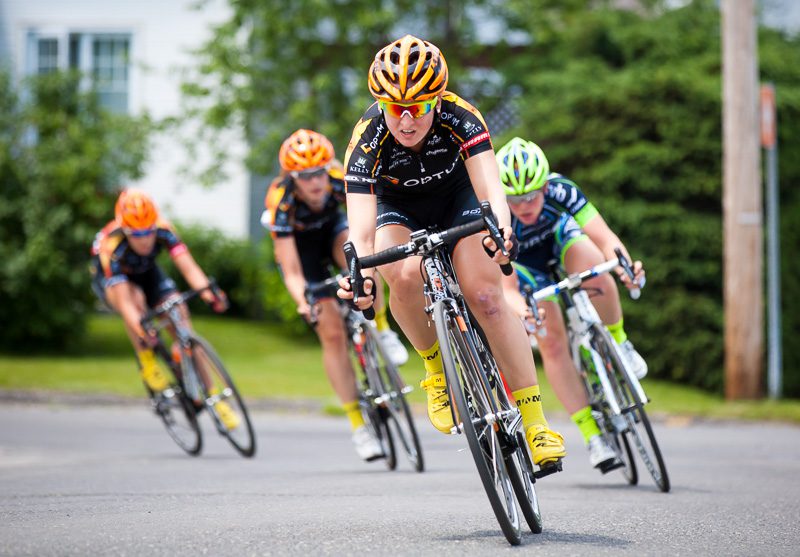B.C. organizer planning women’s stage race in Vancouver area

The meeting that Jeffrey Hansen-Carlson has called on Sept. 19 at Vancouver’s Wedgewood Hotel and Spa is supposed to change women’s cycling in Vancouver. Hansen-Carlson, a self-confessed “start things kinda guy” and founder of the Prospera Gran Fondo, is not lacking in ambition for his next project: a multi-stage women’s race in the Greater Vancouver Region.
“We’re not going to do what been done before. I think women’s cycling is broken with respect to the business model and the economics. But I know there’s a way to create something that is unique for women. We’re not going to do what’s been done before. We’re not going to take what the men are used to. We’re not going to take what the women are used to. We’re going to create a new model that is intriguing for the athletes and will breathe some new life into women’s cycling, which some think is ‘blah,’” he said.
Hansen-Carlson has been speaking with athletes, clubs, race organizers, politicians and potential corporate sponsors. Across all parties, he’s noticed enthusiasm for a big event for women in the sport. His timing seems to be good. New events in women’s cycling have shown up this year, such as La Course by Le Tour by the organizers of the Tour de France and the Friends Life Women’s Tour in Britain. These events have brought more media attention to riders such as the Netherlands’ Marianne Vos and Canada’s Leah Kirchmann. The Vancouver area can boast UCI 1.2 status for the the women’s White Spot-Delta Road Race, the richest women’s criterium in North America with the Gastown Grand Prix and an equal prize money for the top three men and women at the Giro di Burnaby.
“Women’s cycling is growing. More people are following women’s cycling. There’s a pent up demand from the spectator side, from the athlete side, from the team side, from the sponsorship side and from the “cause” side to do something,” he said. The cause element that Hansen-Carlson speaks of is the disparity that, despite positive recent development, continues to affect women’s cycling, from lower prize purses compared to men, fewer race opportunities and less coverage.
Hansen-Carlson’s goal is a UCI 2.1 race, which means a multi-day, multi-stage event. (The six-day Tour of Alberta, for example, is a UCI 2.1 race.) He’s hoping at a stage winner will take home at least $10,000. Ideally, its first edition will be before the 2016 Olympic Games in Rio so that athletes can use the event to gain points for Olympic qualification. “That would be great. But, my goal here is to establish an event that is sustainable economically and that becomes a fixture on the calendar, so athletes and fans and broadcasters know that it happens in Vancouver every year. If it takes us until 2017 to do that, I’m totally OK with that,” he said.
On Sept. 19, Hansen-Carlson is going to get like-minded people behind that vision and the idea of making the Vancouver area a mecca of women’s cycling.
